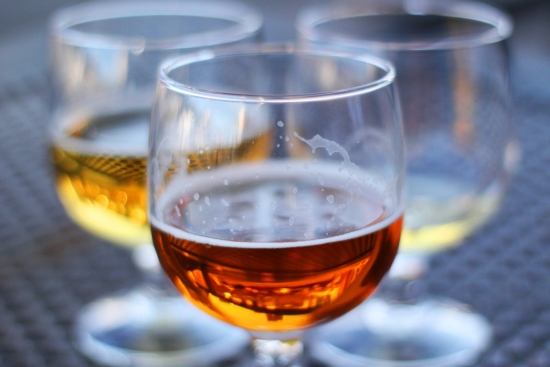The leisure industry suffered greatly during the recession, with the Campaign for Real Ale (CAMRA) frequently raising concerns about the number of pub closures in the UK. Combined with rising taxes on alcohol, and the current proposals to introduce a 45 pence minimum price per unit of alcohol, it has been a difficult time for the drinks industry.

It is encouraging, then, to see one of the UK’s most popular leisure chains post a rise in profits in its half yearly revenue report. Greene King, which runs a number of pubs, restaurants and hotels across the country, this week announced a 4.3 per cent boost in like for like sales for the six months to October 14th.
Additionally, pre-tax profits for the group, which owns the Hungry Horse and Loch Fyne brands, climbed by 7.1 per cent to £82.7 million in the same period.
Greene King believes that the business’ determination to offer “value for money” has greatly helped it post the sales it has this week. The figures are in stark contrast to many other brands within the leisure industry, some of which have chosen to scale back new openings and even close existing properties in a bid to avoid administration.
The majority of the brands within Greene King have introduced offers and promotions as a way of enticing drinkers and diners through the doors. For example, 27 per cent of all food sales at Hungry Horse consisted of weekly offers, while the introduction of a loyalty programme, trialled at 40 restaurants, has seen over 22,000 members sign up.
Chief executive of the group, Rooney Anand, says; “While we continue to see a challenging environment for the UK consumer, our strategy has been tailored for these conditions.
“We provide our customers with ‘everyday treats’ and value for money.”
It is also attempting to keep a “tight control of costs” in a bid to boost annual revenue – a move which has clearly worked. Revenues rose in the six month period to £556.2 million, an increase of 7.3 per cent when compared to the same period in 2011.
Currently the group, which is based in Suffolk, operates more than 2,298 commercial properties which fall under the categories of hotels, pubs and restaurants. All in all, 22,000 workers are employed by the various brands owned by the group.
Langdon Capital’s Mark Brumby points out that the poor summer weather damaged sales somewhat, causing a slight dip in like for like sales.
He says; “Greene King’s like for like headline sales momentum has slowed a little towards the end of the first half – and this has continued modestly into the second half – but, given the absence of football and the poor weather in June and the virtual absence of a summer, that is hardly surprising.”
However, Nick Batram from broker Peel Hunt, believes Greene King is becoming the market leader for the leisure industry.
He says; “The trading backdrop remains challenging but the group has well-positioned brands and a well-executed strategy.
“We continue to view Greene King as the core buy in the sector.”
Do you think Greene King’s success is an indicator that things may pick up in this sector over the next year? How would you suggest other chains could revise their marketing strategies to compete with Greene King in the second half of the financial year?
Previous Post
International Airlines Group to Cut Thousands of Jobs